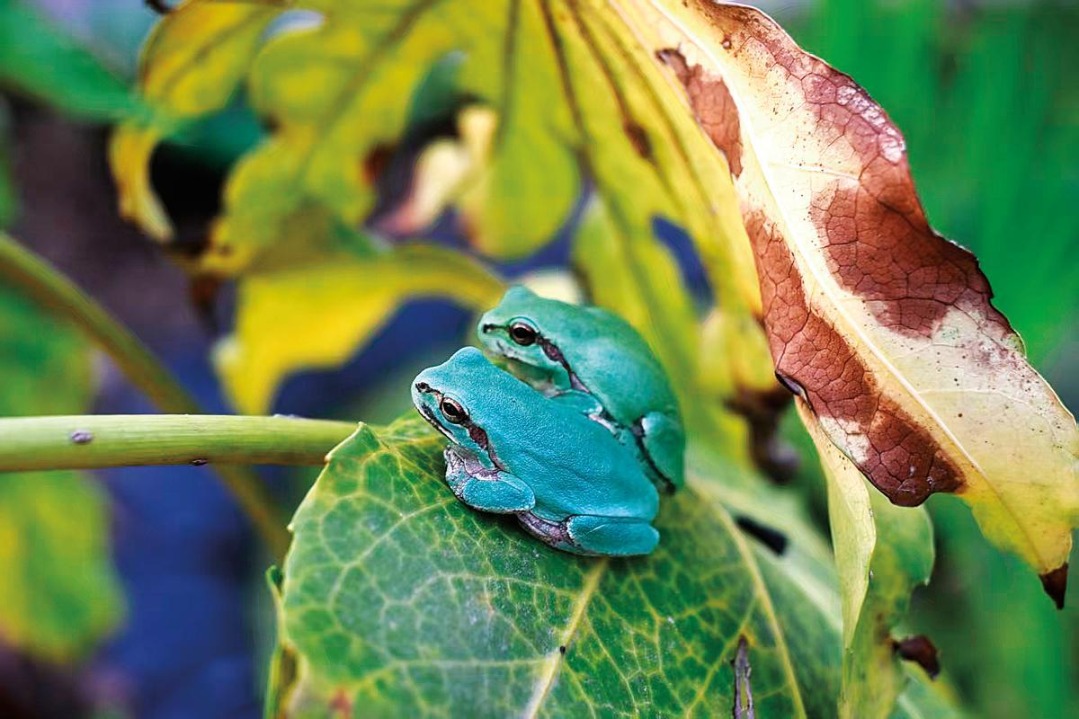Study details panda subspecies' evolution


Can you tell the difference between the two subspecies of giant panda?
The photogenic animals are divided into Sichuan and Qinling subspecies.
The Qinling giant panda, which exists in Shaanxi and Gansu provinces, has a round head and short mouth, which makes it look like a cat.
The Sichuan giant panda, which lives in Sichuan province, is more bearlike and has a bigger and more oval head, according to a new study.
The study showed the subspecies' divergence and the evolutionary characteristics. It was conducted by Zhejiang University, the BGI Life Science Research Institution and the China Conservation and Research Center for the Giant Panda.
It listed the genomes of both subspecies-including the first report on the genome of the Qinling subspecies.
The two subspecies evolved around 10,000 to 12,000 years ago, leading to the current subspecies distribution and geographic layout.
The Qinling subspecies never migrated across the Yellow River Basin, and so it has been without major changes in genetic variation over the past 10,000 years. The Sichuan subspecies is better adapted to survive in the wild due to its history of large genetic variation.
The study, published in the Chinese Science Bulletin, also revealed the genetic mechanisms of size reduction of inner organs and the low reproduction rate of the giant panda. The bulletin is an academic journal supervised by the Chinese Academy of Sciences.
The panda, which was once a meat-eater, later turned to a bamboo diet. In response to the huge changes in its eating habits, it evolved relatively small internal organs to slow down its metabolism.
Since bamboo's nutritional quality is limited, pandas need to constantly consume bamboo to obtain enough nutrients, usually spending more than 14 hours a day eating, according to Fang Shengguo, a professor at Zhejiang University's College of Life Sciences. Fang, who has been studying pandas for nearly 30 years, is also one of the study's co-authors.
The key factors affecting the long-term survival of a species are its ability to reproduce and develop immunity against disease.




































